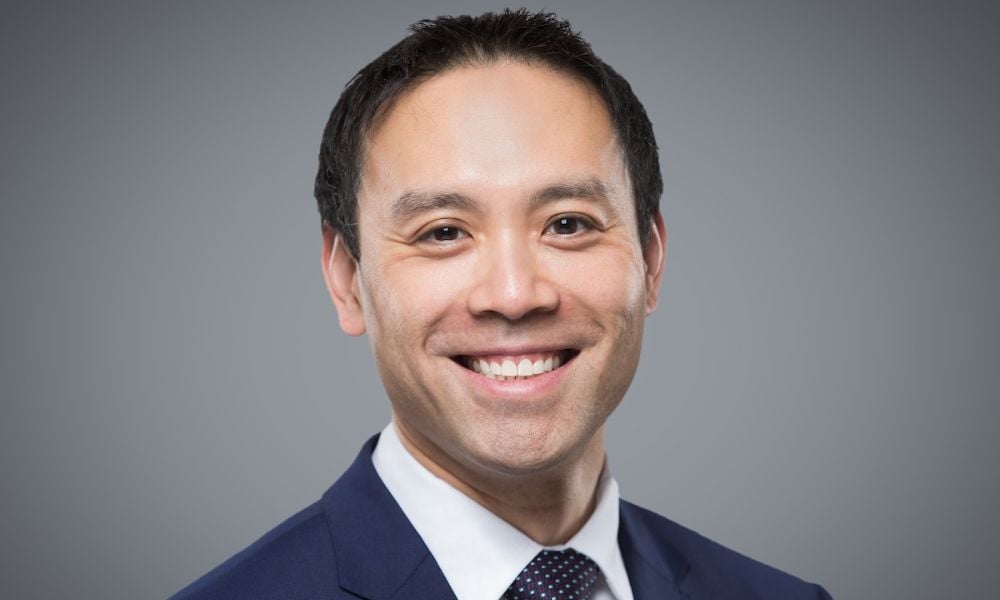HRD sits down with Mauro Porcini to discuss the role of strategic kindness in successful leadership

As Former PepsiCo CEO Indra Nooyi says: “I like to think of PepsiCo’s history as unfolding in two stages: Before Mauro and After Mauro.”
The first ever chief design officer for the beverage giant, Mauro Porcini is something of an organizational legend. Joining PepsiCo in 2012, his role is to infuse design thinking into products, platforms, and brands – focusing on everything from innovation to employee engagement and collaboration. With a proven history of getting the very best out of teams, people, and processes, Porcini sat down with HRD to chat through strategic kindness, curious leadership, and how to catch an elusive “unicorn employee”.
Read more: AstraZeneca VP HR: 'To succeed in HR, get comfortable being uncomfortable'
“Putting people first requires a special type of person,” says Porcini. “These people I like to term 'unicorns'. These special employees have a fire in them to create meaningful solutions for individuals and for companies – and they simply can’t stop creating and innovating.”
Unicorns can be difficult to find, and even harder to catch. They possess an incredibly unique set of skills and characteristics that make them invaluable to organizations. They have vision, they’re incredibly optimistic and, most importantly, they follow through on their dreams.
“The first characteristic of the unicorn is an ability to protect their dream, to protect the inner child they have inside,” says Porcini. “I’ve seen so many employees that’re great dreamers, but they're not able to land those dreams. And so they end up living in the comfort zone of their dreams and nothing happens. The unicorn is somebody that’s able to think big, dream big, and make things happen.”
And this dreamer mentality could be a real gamechanger in 2023. The current economic state in Canada is causing many employers to rethink their hiring plans. With inflation rising and the cost-of-living crisis worsening, employees are feeling the pinch – and that’s rolling over into the workplace. Organizations need to start looking at new ways of working, of analysing their current systems and evolving them accordingly. For this to work you can’t be afraid of taking chances – something unicorns know all too well.
This is where curiosity comes in.
Where most employees would shy away from conflict or “rocking the boat” unicorns welcome the challenge – and love learning from their mistakes. If you want to catch a unicorn, start looking at those employees that aren’t afraid to taste failure.
“It’s that ability to see everything as an opportunity to learn,” says Porcini. “They look at the outside world with a superhuman thirst for knowledge. These people enjoy pushing others out of their comfort zones and encouraging collaboration between different teams – this creates inter-organizational diversity, which in turn fosters innovation.”
The third, and perhaps most surprising characteristic, is kindness. Not traditionally attributed to leadership, kindness as a C-suite issue has only really garnered popularity post-pandemic. A recent report from Businessolver found that 93% of employees would be more likely to stay with an kind employer – and 82% would actually quit to find a more compassionate company culture. Throughout the pandemic, employees grew used to visible leadership teams and compassionate managers. Now, as we emerge from the chaos, the fact still remains that empathy and kindness are the two most impactful, most in-demand, management tropes. Something which makes unicorns a natural leadership choice.
Read more: Ontario city suffers massive privacy breach after employee sends email blast
“How many times we hear people in a company talking about kindness as a driver of innovation, of growth, or even of productivity?” says Porcini “Never. Actually, often they tell us the opposite. They tell us that we should be a little bit tough on our teams, and there’s many managers that love to put people against each other. This lack of kindness is absolutely non-productive and inefficient.”
Instead, Porcini says that innovation thrives when you’re surrounded by trust – there becomes this hyper ability to achieve more. Going for a meal with colleagues, getting out of the office for a walk, it all builds bonds. And bonds help teams grow.
“We should talk also about the level of kindness in our organizations, and how we can increase it to drive productivity in a different way,” he says. “When looking at prospective hires, how many times people ask themselves “is this person curious? Is this person kind? Is this person optimistic?” Probably not very often.
“I really believe that this is time for all of us, in any company, in any organization no matter the background or the professional community, to start asking these questions, to use these filters, to access our talent, to drive quality and productivity, and full effectiveness of everything we do.”








